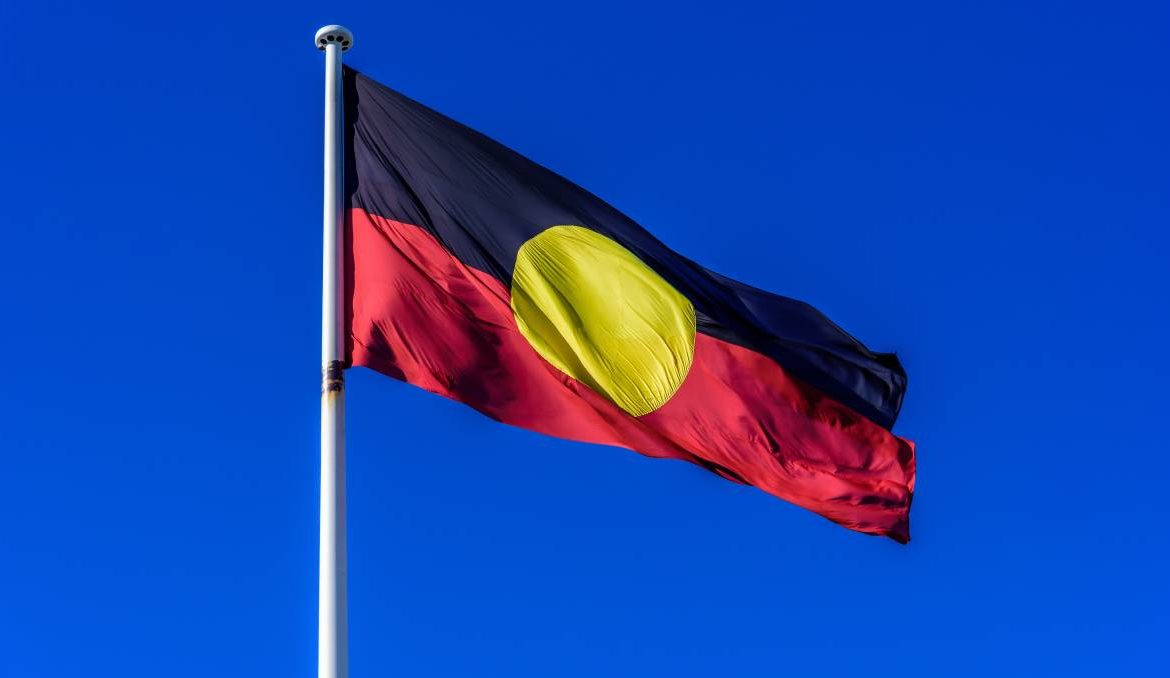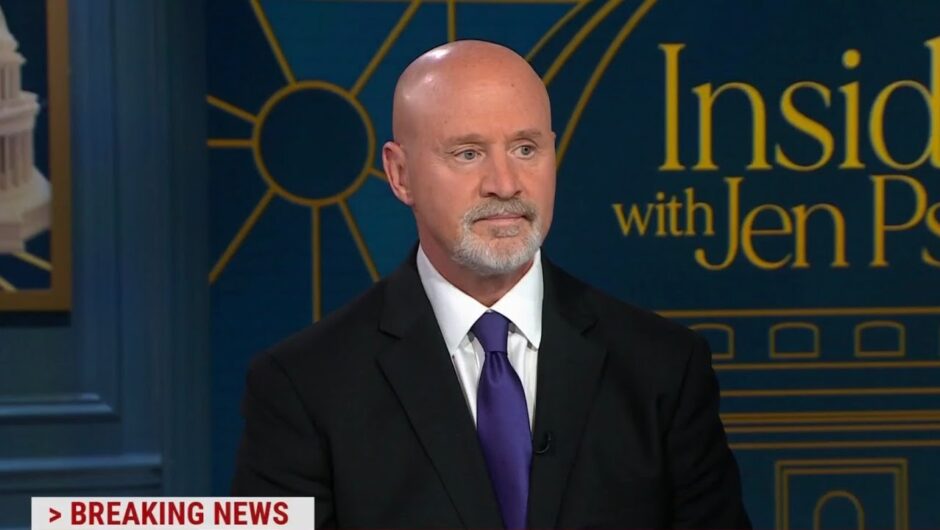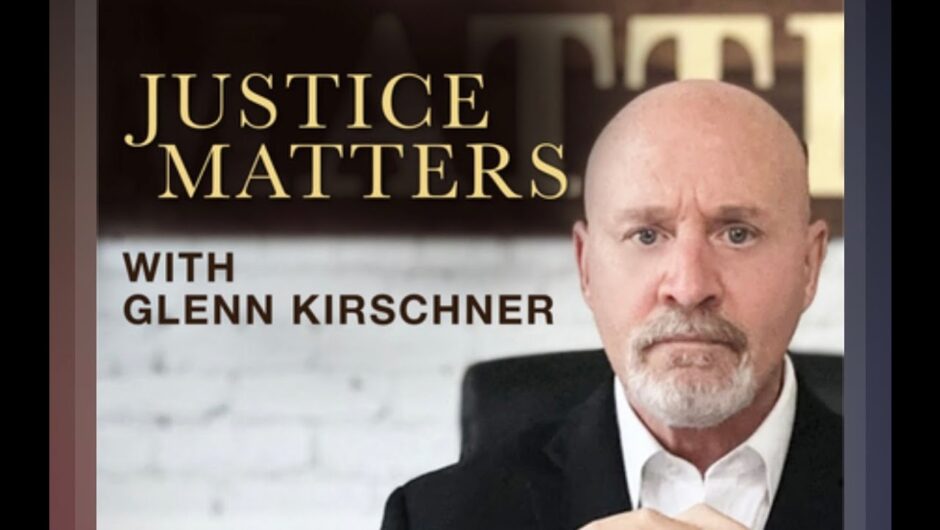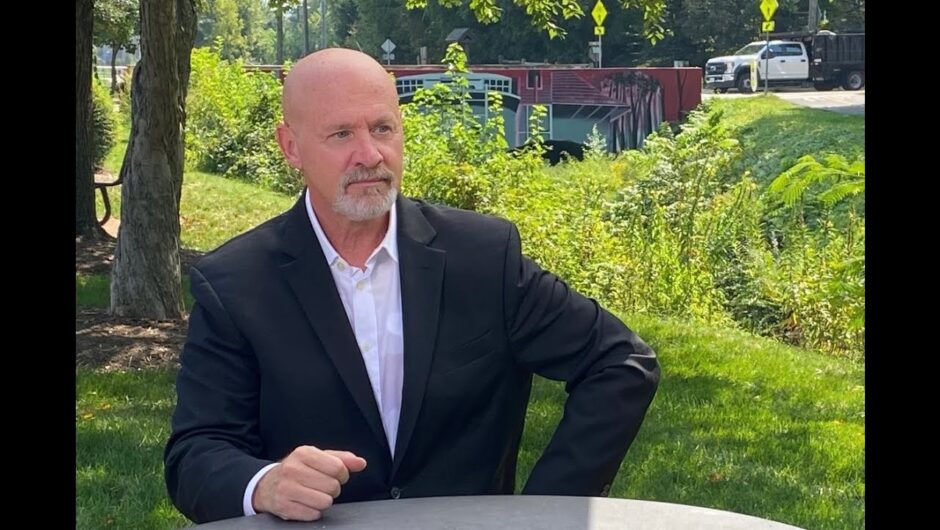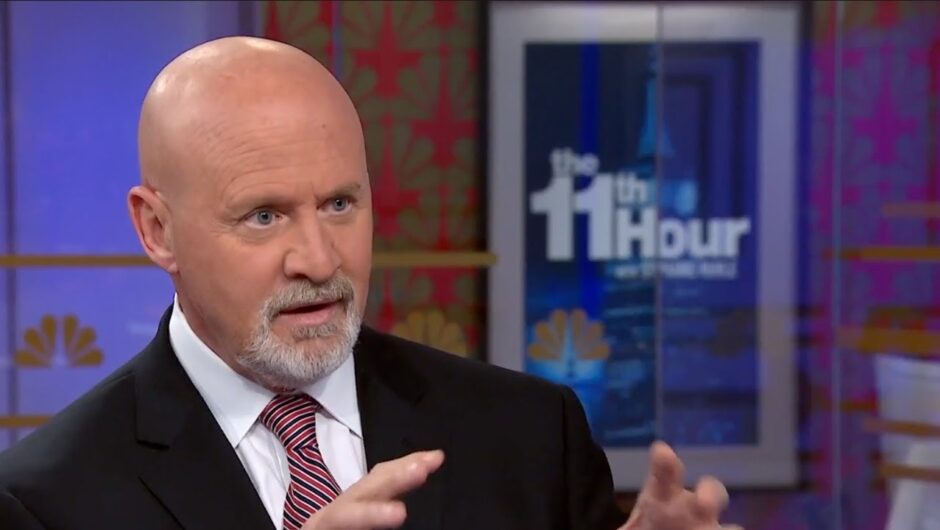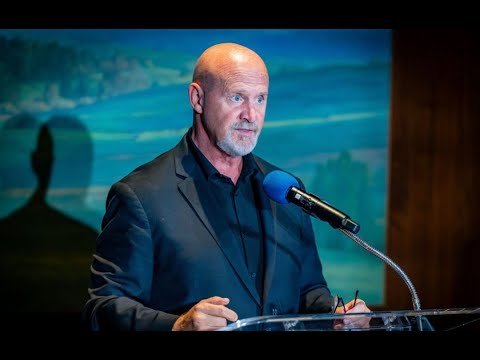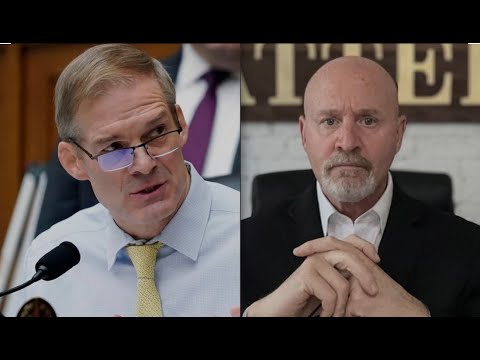news, act-politics, native title, land rights, Aboriginal affairs, Ngunnawal, Australia Institute, ACT politics, Indigenous affairs ACT
The ACT government must address unresolved Aboriginal land rights and native title issues if it is to make progress on treaty discussions with First Nations peoples, according to a new discussion paper from think tank The Australia Institute. No land rights statutes have been passed and no native title claims have received serious consideration in the ACT, leaving the issues as unfinished business in the territory, the paper said. “Native title matters in the ACT remain unresolved, and these matters ought to be explored in more detail in any treaty discussion with the Aboriginal peoples of the ACT,” it said. Author of the discussion paper, Ed Wensing, said it was a matter of public record that land had been taken from the ACT’s First Nations peoples without their free, prior and informed consent, and without a treaty or compensation for their losses. His paper, published on Tuesday, said native title in the ACT may not have been extinguished by the transfer of land from NSW to the Commonwealth for the creation of the territory. It found historical records showed nearly half the land transferred in 1911 was Crown land, and that it likely had not been subject to land grants that had extinguished native title. There had been no judicial decisions on the issue for reasons including poor resourcing and a lack of commitment from federal and territory governments, the paper said. It urged the government to establish a truth and healing commission to investigate historical and ongoing injustices against Aboriginal peoples of the ACT. The paper also called for the government to withdraw parts of the Namadgi National Park agreement that restricted native title claims. It urged the government to acknowledge that Canberra was on the lands of traditional owners, and that it was taken from them without their consent, treaty or compensation. “The truth is that we have failed the Aboriginal peoples of this region in the past,” the paper said. “We cannot erase the past, but we can change the future. We can, and should do better, because continuing failure in this space is no longer an option.” Treaty discussions with Aboriginal peoples of the ACT should explore compensation for the loss or extinguishing of native title, the discussion paper said. Dr Wensing said the paper identified the technical and legal hurdles to land rights and native title claims. The barriers made progress on reconciliation and land rights issues difficult, he said. He said the ACT could negotiate a settlement, pass a statute giving recognition and stature to contemporary traditional owners, and establish rules for coexistence and power sharing. READ MORE: Ngambri custodian Paul House said land rights and native title issues could not be ignored. He said he would like to see a positive and inclusive response from the ACT government, acknowledging all people and groups. Mr House said he would like to see ACT government support for native title service provider NTS Corp working with First Nations families claiming a connection with land in the ACT. Minister for Aboriginal and Torres Strait Islander Affairs Rachel Stephen-Smith on Monday said the territory government was committed to the principle of self-determination and that any process to explore a treaty, or further exploration of native title and land rights in the ACT, must be led by traditional owners. “It is important that we appropriately support traditional owners to explore what this means to them and advance this process on their own terms,” she said. Ms Stephen-Smith said conversations about a treaty process would likely also cover issues of native title. The ACT government has allocated funding to begin a treaty process with the traditional custodians of the territory. Dr Wensing called for a unified, dignified discussion about issues relating to land rights and native title from the ACT’s political parties. Our journalists work hard to provide local, up-to-date news to the community. This is how you can continue to access our trusted content:
/images/transform/v1/crop/frm/36i7SKuzkApKRqnK2hWiW9n/fda80474-7856-4a87-adde-0fbcdc631e17.jpg/r14_398_5957_3756_w1200_h678_fmax.jpg
The ACT government must address unresolved Aboriginal land rights and native title issues if it is to make progress on treaty discussions with First Nations peoples, according to a new discussion paper from think tank The Australia Institute.
No land rights statutes have been passed and no native title claims have received serious consideration in the ACT, leaving the issues as unfinished business in the territory, the paper said.
“Native title matters in the ACT remain unresolved, and these matters ought to be explored in more detail in any treaty discussion with the Aboriginal peoples of the ACT,” it said.
Author of the discussion paper, Ed Wensing, said it was a matter of public record that land had been taken from the ACT’s First Nations peoples without their free, prior and informed consent, and without a treaty or compensation for their losses.
His paper, published on Tuesday, said native title in the ACT may not have been extinguished by the transfer of land from NSW to the Commonwealth for the creation of the territory.
It found historical records showed nearly half the land transferred in 1911 was Crown land, and that it likely had not been subject to land grants that had extinguished native title.
There had been no judicial decisions on the issue for reasons including poor resourcing and a lack of commitment from federal and territory governments, the paper said.
It urged the government to establish a truth and healing commission to investigate historical and ongoing injustices against Aboriginal peoples of the ACT. The paper also called for the government to withdraw parts of the Namadgi National Park agreement that restricted native title claims.
It urged the government to acknowledge that Canberra was on the lands of traditional owners, and that it was taken from them without their consent, treaty or compensation.
“The truth is that we have failed the Aboriginal peoples of this region in the past,” the paper said.
“We cannot erase the past, but we can change the future. We can, and should do better, because continuing failure in this space is no longer an option.”
Treaty discussions with Aboriginal peoples of the ACT should explore compensation for the loss or extinguishing of native title, the discussion paper said.
Dr Wensing said the paper identified the technical and legal hurdles to land rights and native title claims. The barriers made progress on reconciliation and land rights issues difficult, he said.
He said the ACT could negotiate a settlement, pass a statute giving recognition and stature to contemporary traditional owners, and establish rules for coexistence and power sharing.
Ngambri custodian Paul House said land rights and native title issues could not be ignored.
He said he would like to see a positive and inclusive response from the ACT government, acknowledging all people and groups.
Mr House said he would like to see ACT government support for native title service provider NTS Corp working with First Nations families claiming a connection with land in the ACT.
Minister for Aboriginal and Torres Strait Islander Affairs Rachel Stephen-Smith on Monday said the territory government was committed to the principle of self-determination and that any process to explore a treaty, or further exploration of native title and land rights in the ACT, must be led by traditional owners.
“It is important that we appropriately support traditional owners to explore what this means to them and advance this process on their own terms,” she said.
Ms Stephen-Smith said conversations about a treaty process would likely also cover issues of native title.
The ACT government has allocated funding to begin a treaty process with the traditional custodians of the territory.
Dr Wensing called for a unified, dignified discussion about issues relating to land rights and native title from the ACT’s political parties.
Our journalists work hard to provide local, up-to-date news to the community. This is how you can continue to access our trusted content:
A new discussion papers urges a focus on unresolved Aboriginal land rights and native title issues in the ACT. Picture: Shutterstock

